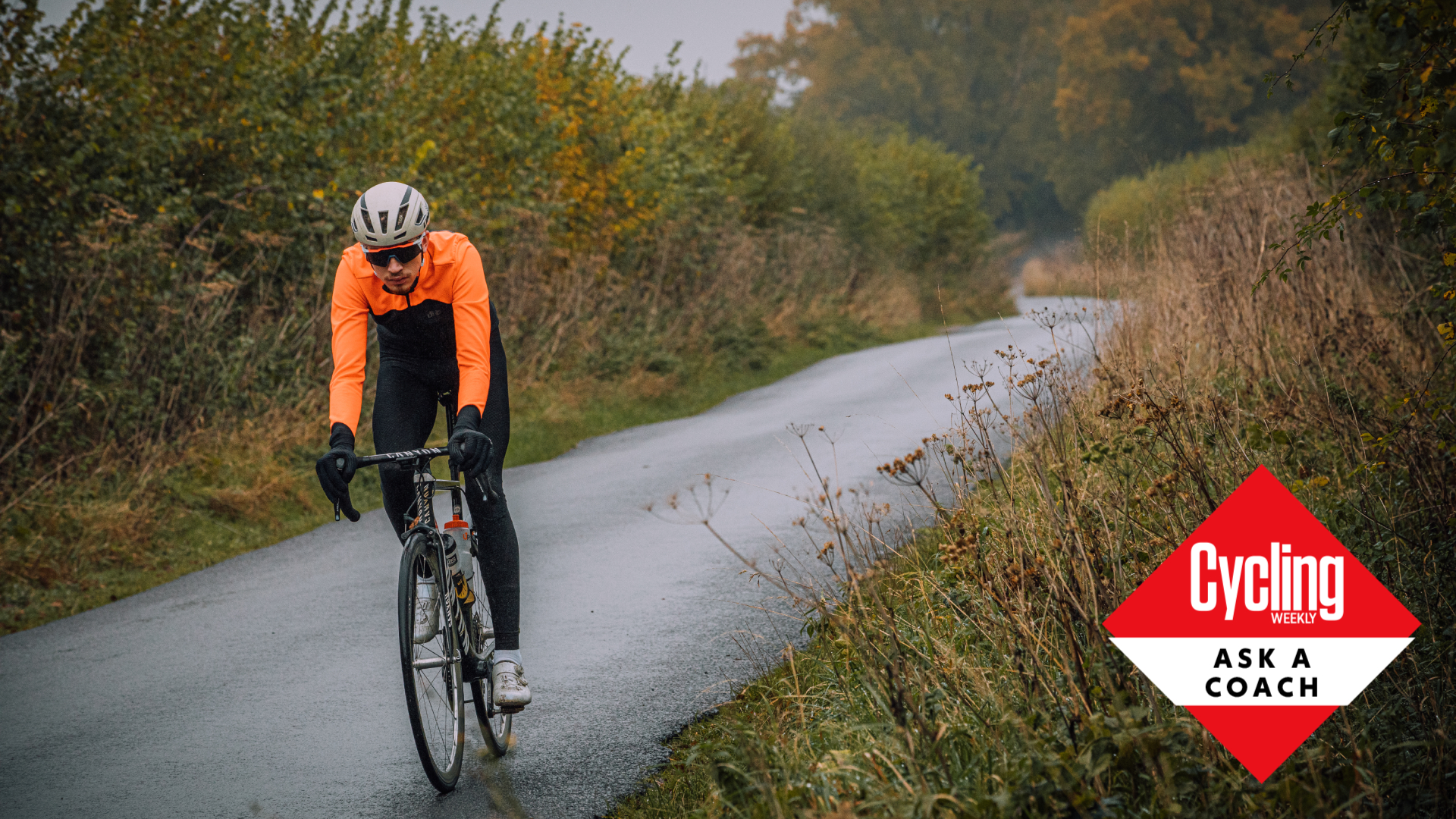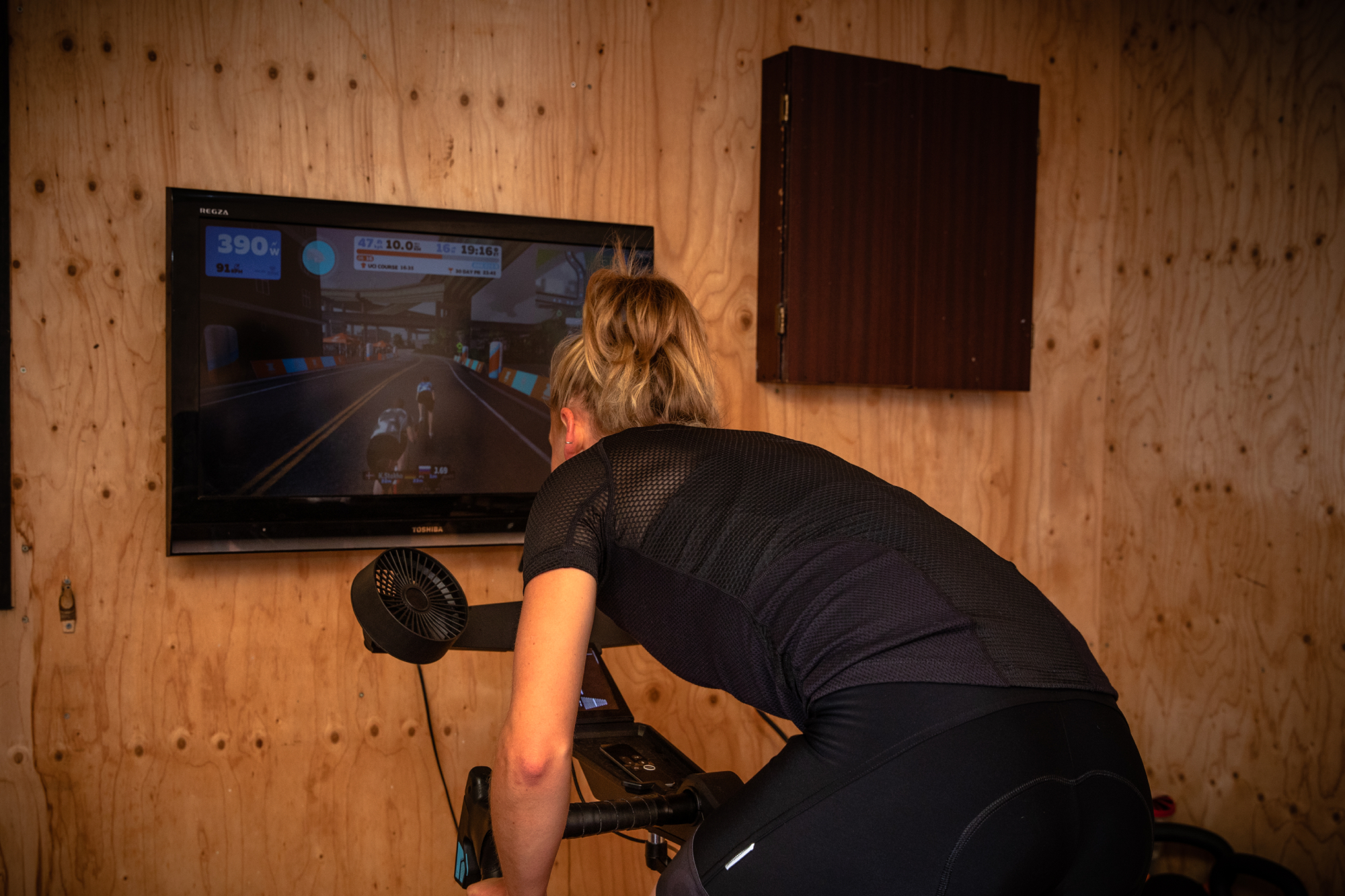Ask a coach: 'How fit can I get if I only ride at the weekend?'
Fitter than if you don't ride at all, of course, but your progress will be capped. Still, there are actions you can take to raise that cap...


The latest race content, interviews, features, reviews and expert buying guides, direct to your inbox!
You are now subscribed
Your newsletter sign-up was successful
For most of us, time is tight, and we might only be able to fit in some rides at the weekend. Does this mean we will never be able to get fit? We put the question to cycling coach James Spragg to find out how much weekend-only riding limits fitness gains, and whether there are any hacks he recommends.

Sports scientist and coach James Spragg is one of the experts who will be answering your questions in Cycling Weekly's ASK A CYCLING COACH series which comes out every Wednesday. Working both in research and applied settings, he currently runs Intercept Performance Consultancy.
Something is better than nothing
First thing first - if you only ride on the weekend, you will still be considerably fitter than if you don’t ride at all. Something is always better than nothing. Just because you can’t train like a pro, doesn’t mean you won’t benefit from training.
Your level of fitness will be capped
However, if you do only ride at the weekends you will need to accept that your level of fitness will be capped. At a certain point, you just won’t be doing enough training to keep progressing and getting stronger. The reason is that while it will probably take a few days for your body to adapt and recover from the weekend’s training, you then have three days where you are ‘de-training’ before the next bout of training over the next weekend. Therefore, you will, to a certain extent, be playing a game of two steps forward and two back. I have previously spoken about reversibility in answer to a question about what to do if you're stuck in a training rut, when your fitness has plateaued.
A possible solution…

I have numerous coached athletes in this position and my advice has always been the same… try and fit in a 20 minute session midweek (such as these HIIT workouts, or these 30 minute cycling workouts if you have an extra 10 mins spare). It doesn’t need to be more than that, but if you are only training at the weekend then you will be amazed at how much a short hard session of only 20 minutes will do wonders for your form.
The latest race content, interviews, features, reviews and expert buying guides, direct to your inbox!
The reason is that the 20 min session it is giving another, albeit small, stimulus between the work you do over the weekend. This means rather than taking two steps forward and two steps back each week you might be able to take two and a half steps forward and only one backward. If you add up that small difference over weeks, months and years, it really starts to make a big difference. When it comes to improving, especially over a longer period of time, it’s all about making small consistent steps in the right direction.
What should the 20 minute session look like?
To really make the most of these 20 minutes I would suggest you do something really quite intensive. To enable that you will need around five mins to get going and warm up and a five mins to cool down after. So that leaves you 10 mins to play with!
The goal is to maximise how hard you work in those 10 mins. In such a short session I would recommend what coaches call SIT – sprint interval training. This is going as hard as you can – AKA sprinting, for a short period before a short recovery and then repeating the whole thing again.
A classic SIT session is 15:15s – 15s of sprinting followed by 15s of recovery. Do that for 10 mins and I guarantee you won’t think you have just done an easy session. The great thing about SIT is that as you get fitter because all the efforts are maximal, you will naturally progress the intensity of the session.
The verdict
Only training at the weekend is far better than doing no training at all. But if you want to improve you are likely going to need to add an extra training session into your cycling training plan each week. Keep it short, 20 mins is perfectly fine and harness the power of SIT to maximise the training stimulus.
James Spragg is a sports scientist and coach, working both in research and applied settings. When not working with athletes James can be found skiing, climbing, cycling or drinking coffee!
Alongside Dan Lorang and Peter Leo, James runs Intercept Performance Consultancy. Over the last 8 years in various roles, as coaches, performance consultants, performance managers, and sports scientists, Dan, James and Peter have played a role in helping athletes achieve more than 10 World Championship titles, several Olympics medals (including a Gold and Silver Medal in Tokyo 2020) and several Top 5 results in some of the biggest sporting events on the planet (Tour de France, Olympics, World and European Championships). Our single focus is on improving performance in all settings.